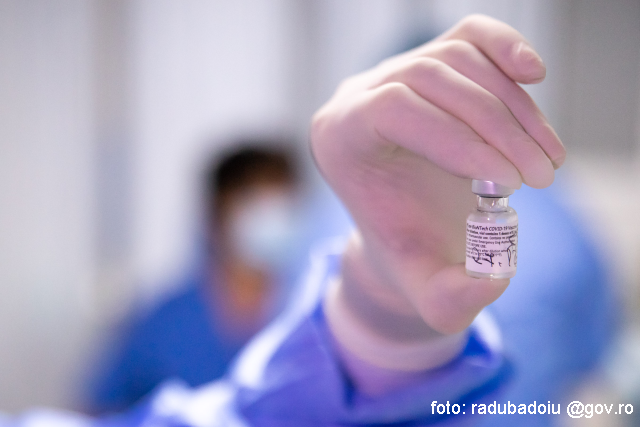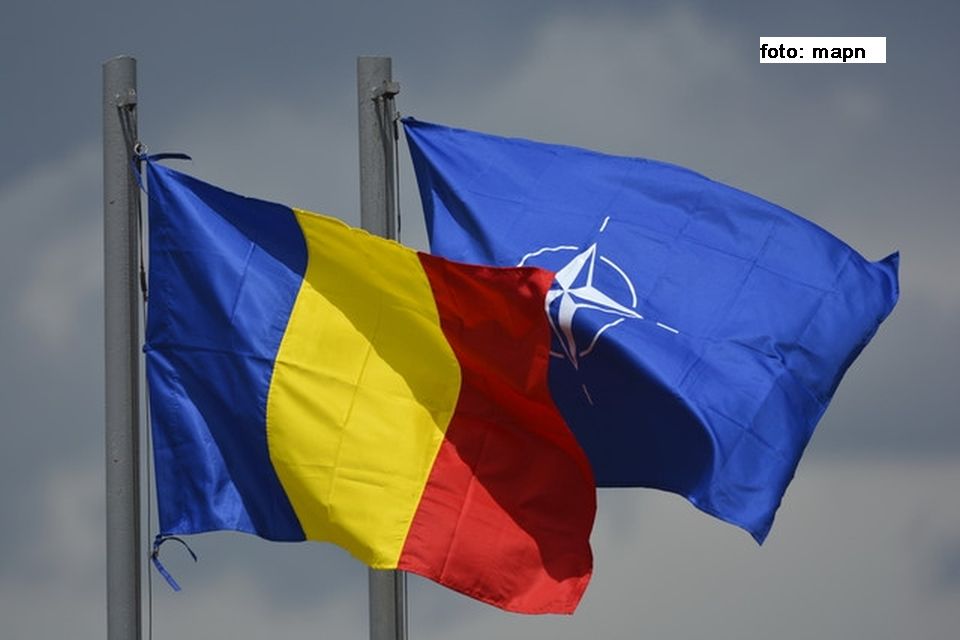Efforts to increase the pace of vaccination
Pharmaceutical giants are making efforts to increase the production of anti-Covid vaccine, but their capacity is still limited.

Eugen Coroianu, 02.02.2021, 13:50
It is a global race against time to vaccinate as many people as possible and prevent the more contagious variants of the coronavirus from spreading. The only verified method of stopping the pandemic is immunization, which is only in its initial stages. A number of vaccines have already been approved in various countries and regions of the world, while others are still in testing. Technologies, the way vaccines work and their efficiency, storage conditions and administration differ.
American experts say immunization is important, irrespective of the type of vaccine used, because it prevents life-threatening conditions and death. Global pharmaceutical giants are making efforts to increase production but their capacities are still limited. The German lab BioNTech for instance, which together with the American company Pfizer has been producing the first anti-Covid vaccine approved in the EU, announced it would boost deliveries to the community area, and deliver an additional 75 million doses in the second half of the year.
The information was confirmed by the EU Commission President, Ursula von der Leyen, who said BioNTech/Pfizer will deliver up to 600 million doses in total in 2021. The EU found itself in the position of defending its immunization strategy, in the context of recent inconsistencies in the deliveries operated by the British-Swedish company AstraZeneca. The latter will have to deliver to Europe 40 million doses in the first three months of this year. According to news agencies, as many as 400 million doses of vaccine are to be delivered this year. The AstraZeneca-Oxford vaccine is easier to produce and transport, as it does not require special storage conditions like the vaccines produced by Pfizer and Moderna. Deliveries to the community area will start in the second week of February. Except for these two vaccines, the EU also counts on the one produced by the American company Moderna, which is already in use. As many as 160 million doses of Moderna vaccine have been contracted. Ursula von der Leyen has emphasized the fact that the goal is the immunize 70% of the adult population in the EU by fall. The Commission has pre-ordered around 2.2 billion doses.
Romania is among the first countries in the EU in terms of number of people vaccinated. On Monday, the 7th batch of Pfizer/BioNTech vaccine was delivered and another one is expected next week. Small quantities of Moderna vaccine have also been received by Romania. The problem is, at present, the small number of doses, which delayed vaccination for tens of thousands of people. Russia, China and India also produce anti-Covid vaccines, but they have not been approved for use in the European Union. (Translated by EE)






























